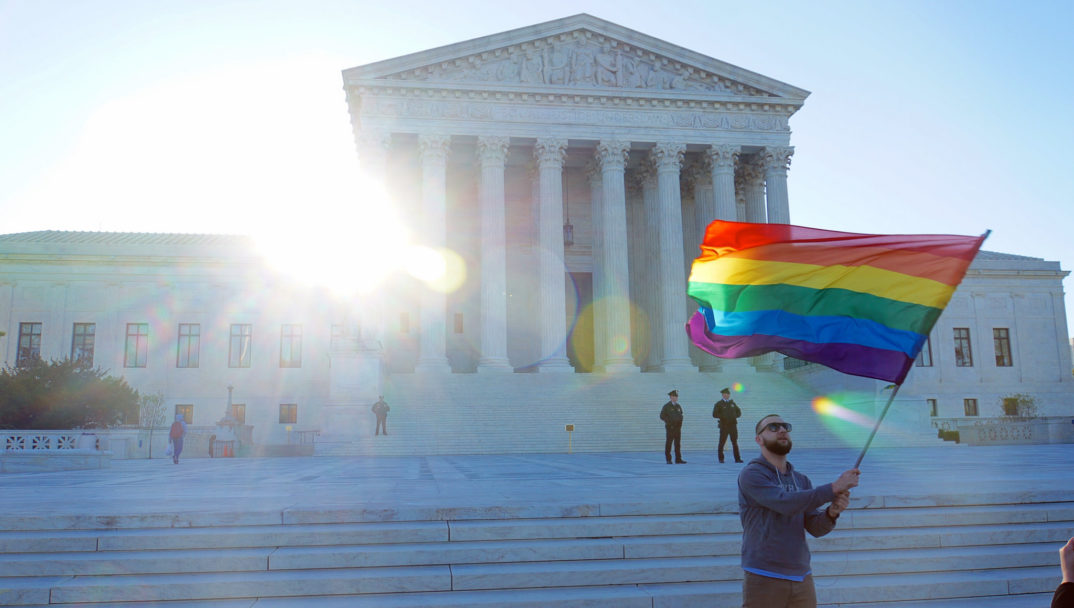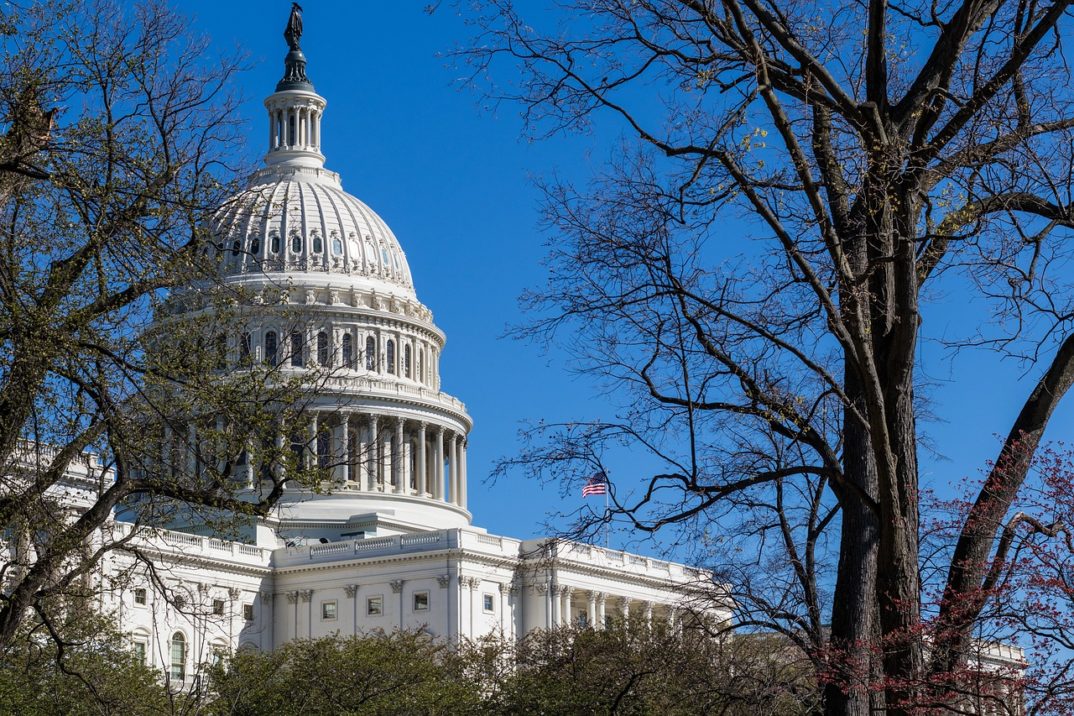This article has a set of discussion questions tailored for classroom use. Click here to download them. To see a full list of articles with discussion questions and other resources, visit our “Educational Resources” page.
According to 16-year-old Ryan Walters of North Carolina, abolishing the title of valedictorian in high schools only serves to “recogniz[e] mediocrity, not greatness.” Ryan was interviewed for a Wall Street Journal article about ridding schools of valedictorian titles, and he provides a voice of disapproval and disappointment. After working toward the glorious title of valedictorian for many years of his life, Ryan’s dream is over, as his high school has decided to do away with recognizing the top performer in each graduating class. This harsh critique by the Heritage High School junior may have some validity, but it can also be refuted.
Across the country, high school administrators are beginning to question the productivity of declaring a valedictorian every year. Many students work toward the title of valedictorian from a young age; it is a testament to perseverance, intelligence, and hard work. However, it can also create extreme competition among students and determine one’s value based heavily upon grades. Some school administrators argue that the title of valedictorian motivates students to study harder and achieve more academically. Others argue that declaring a valedictorian promotes unhealthy competition and does more to harm students than to help them. This debate raises the question: is it ethical for high school administrations to declare a valedictorian each year?
The critics of the valedictorian system argue that recognizing a valedictorian places an unhealthy amount of pressure on students. This is a large reason why around half of the schools in the country have eliminated the title. According to the National Institute of Mental Health, 8 percent of high schoolers are diagnosed with some form of anxiety. Suicide was the second leading cause of death in teenagers 15-19 years old in 2014. Although a direct correlation between the stress of school and suicide cannot be made, the anxiety developed because of academic pressures surely contributes. School counselors have expressed concern about the impact that pressure to perform is having on adolescent anxiety. In an article in The Atlantic, Kirkwood High School counselor Amber Lutz said, “high performance expectations surrounding school and sports often result in stress and, in turn, anxiety.”
Declaring a valedictorian increases competition among students. As classmates vie for first in their class, the emphasis can be taken off of learning and bettering oneself, and placed upon winning. If a student is aiming for valedictorian but does not achieve it, they may lose appreciation for their accomplishments and simply focus on the fact that they “lost.” In addition, a GPA is not a reflection of one’s high school experience. It does not include creativity, learning style, experience, and passion for certain subjects. It is a number, not a holistic view of an individual. The title of valedictorian separates one student from their peers who may have worked as hard or be of equal inteligence. Many factors affect a grade, including distribution of points, class load, grading rubrics, and more. A GPA is too narrow in its summary of achievement, and too dependent on other factors for it to declare the best student in a class of many.
A question follows this conclusion: should schools be comparing their students to one another at all? Is ranking adolescents based on GPA an exercise that will push students to do their best work? Or is it counterproductive to development?
Competition can be productive. Advancements are made because of competition, and individuals are pushed to achieve more when they are not the only ones aiming for a goal. Certain aspects of society do not function without competition. A customer is not going to buy all five versions of a laptop; rather, they are going to buy what they consider the best option. Competition is also the reason there are five laptops to choose from. In the same way, that technology company is not going to hire all applicants for an open software developer position. They are able hire the best developer out of the five and create a better laptop because of competition. It is important that students are aware of competition and the ways it manifests within society. However, declaring a valedictorian is not the sole method with which this can be taught.
Many high school students play sports in which they win or lose. One may question how this is different from declaring a valedictorian. This question requires the examination of the purpose of education. Schools must decide whether education is meant to increase equality or separate “the best” from the rest. Pittsburg high school superintendent, Patrick J. Mannarino of North Hills High, rid his school of the valedictorian designation and said: “Education’s not a game. It’s not about ‘I finished first and you finished second.’ That high school diploma declares you all winners.” If a sports game ends in defeat for a teenager, they are surely upset, but their entire athletic career is not rated based on a single game. However, a class ranking does summarize a student’s academic career; therefore, the title must have a greater impact on the self esteem of a student than the outcome of a sports game.
A compromise has been implemented across the country. In recent years, schools have started declaring multiple valedictorians in an effort to recognize more than one high-achieving student. Some argue this solution minimizes the glory that one valedictorian could have and harms the motivation to work hard. Others argue that it presents the same dilemmas as declaring a single valedictorian. The difference between one and seven valedictorians is nonexistent, in the sense that it still separates students and equates the value of each student with their GPA.
The tradition of declaring a valedictorian has been passed down for generations, and valedictorians go on to make great contributions to society. But, if the title of valedictorian was taken away, would the futures success of those students be affected? Would students lose motivation to work hard? Or would schools adapt a more inclusive environment in which students are intrinsically motivated and want to work together? It may be time for schools to reconsider what environment is best for producing intelligent, hardworking students who appreciate what they have accomplished and do not need to compete to have these accomplishments recognized.
Perhaps declaring a valedictorian provides a healthy dose of competition to schools around the country. Maybe it is teaching students to work hard and preparing them for adult life. Or, perhaps ranking adolescents based on their academic performance is contributing to the growing rates of anxiety and depression in the United States. Maybe declaring a valedictorian is taking the emphasis off of learning and placing it on competing.













